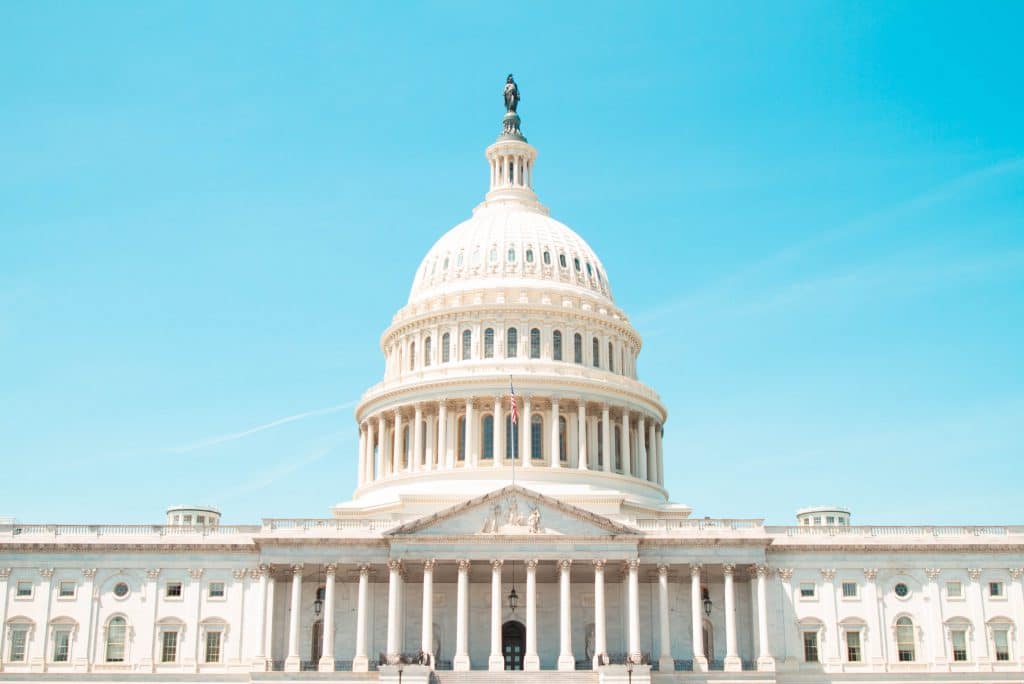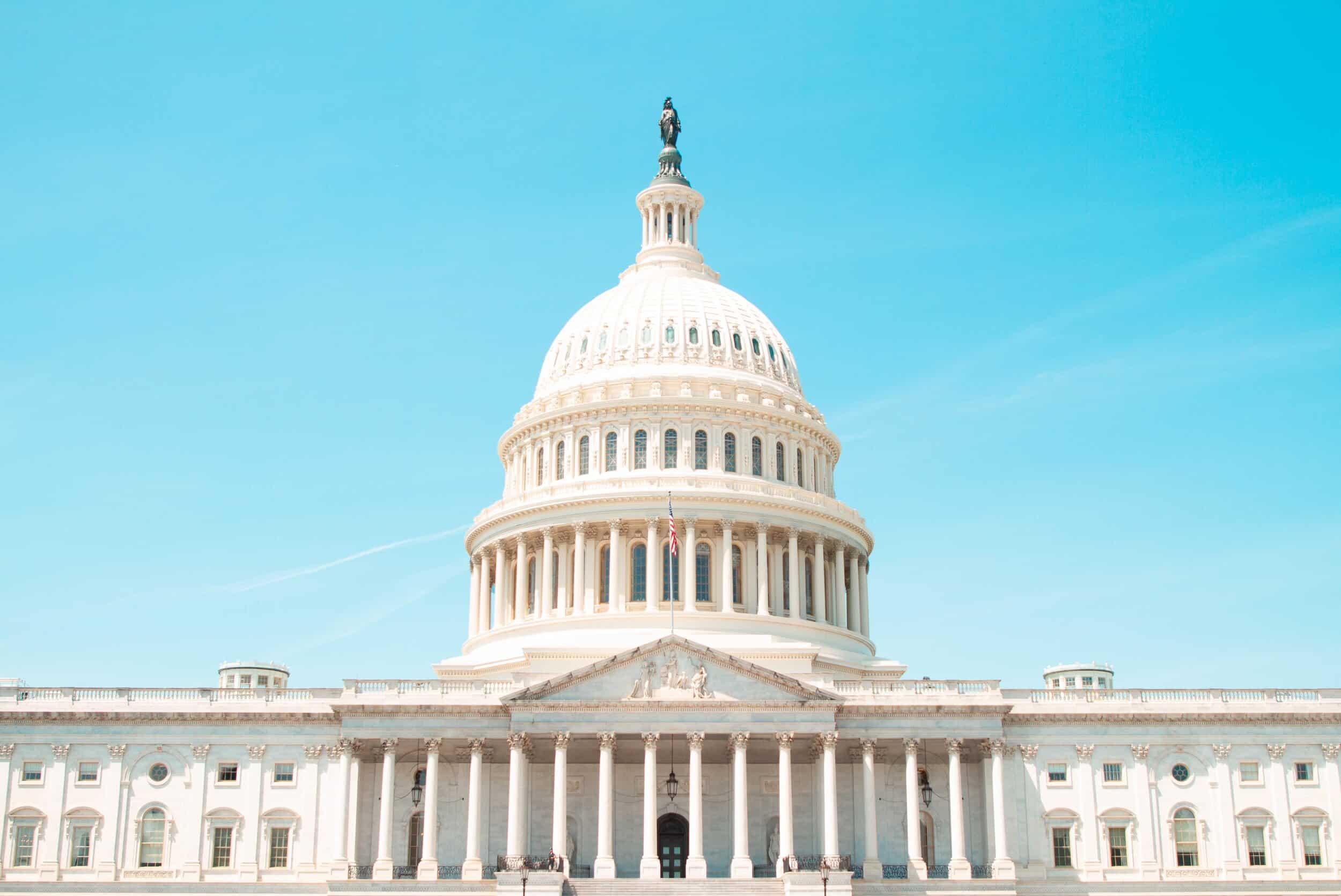
The impeachment inquiry: everything you need to know
Kaitlyn Lundy, News Editor
Photo courtesy of Unsplash.com.
For the past five weeks, the words “whistleblower” and “impeachment” have flooded newsstands with frequent updates on the status of the investigation against Trump and his close representatives. The accusation against President Trump claims he is in violation of the law because he pushed the Ukrainian president to look into one of his Democratic opponents for the 2020 election, Joe Biden Jr. The investigation commenced when news of a whistleblower surfaced.
This is what happened leading up to this point:
January:
-
Rudy Giuliani, Trump’s lawyer met with a Ukrainian prosecutor in which he pressed for information on Trump’s rivals including Biden on behalf of Trump.
April 7:
-
Giuliani theorized to Fox News that Biden made efforts to get a Ukrainian prosecutor who was investigating the owner of a company compensating his son, Hunter Biden, to be removed.
April 21:
-
Trump called Ukrainian President Zelensky to congratulate him and proceeded to ask him to seek investigations of “corruption.”
May 6:
-
U.S. ambassador of Ukraine, Marie Yovanovitch, was removed from office two months before her term ended by the Trump administration.
July 25:
-
Trump exchanged a phone call with Zelensky asking for a favor to look into Biden and his son and their business involvement in Ukraine.
Beginning of August:
-
Giuliani met with a close representative of Zelensky in Madrid to discuss Ukraine’s involvement in an investigation of Trump’s political opponents like Biden.
September 9:
-
A letter was sent to the Senate and House of Representatives revealing a whistle-blower complaint.
-
An investigation looking into the likelihood of Trump and his lawyer using the U.S. foreign policy corruptly to achieve political advantage commenced by the House of Foreign Affairs, Intelligence, and Oversight Committees.
September 22:
-
Trump publicly recognized his disclosure of information during his phone call with Zelensky regarding Biden and corruption claims.
September 24:
-
An official impeachment inquiry against President Trump was announced by Nancy Pelosi.
September 25:
-
Joseph Maguire, current national intelligence director, released the whistleblower complaint that was requested by Congress weeks before.
September 27:
-
The first subpoena of the inquiry was issued by Democrats within the House in which they requested documents from the Secretary of State Mike Pompeo.
October 3:
-
Kurt D. Volker, former U.S. special envoy to Ukraine went before congressional investigators providing a testimony and revealing text messages showing the involvement of Trump’s envoys in the communication with Ukraine.
October 4:
-
Michael Atkinson, intelligence community inspector general, discussed with the House Intelligence Committee his reasoning in believing the whistleblower complaint accusations were credible. He was the first to reveal the existence of the whistleblower complaint to Congress.
October 7:
-
A second whistleblower with firsthand intel was revealed.
October 8:
-
The White House released a letter voicing it “would not cooperate with impeachment inquiry.”
October 9:
-
Biden expressed his opinion on the impeachment of Trump for the first time during a campaign event.
-
During the same event, Biden addressed the accusations made by Trump about his actions regarding Ukraine, denying any misconduct as vice president.
October 11:
-
Former U.S. ambassador of Ukraine, Marie Yovanovitch, came forward during an interview with impeachment investigators saying she felt Trump put high pressure on her removal.
-
Gordon Sondland, U.S. ambassador to the European Union, who was involved in Trump’s discussions with Ukraine, agreed to testify and comply with a subpoena from the House, but was later encouraged at the last minute by the State Department to not attend. Officials such as Pelosi saw this as the president withholding information needed for the investigation.
-
The House demands financial records of President Trump’s accounting firm Mazars, USA.
October 12:
-
Trump publicly defends Guiliani calling him the “target of a witch hunt,” according to the New York Times.
October 13:
-
Guiliani was put under investigation on the grounds of possibly breaking foreign lobbying laws.
October 14:
-
Fiona Hill, former White House Russia aide, was brought in for questioning by the House investigators despite the White House’s announcement the previous week of refusal to cooperate.
Moving forward:
-
The House investigators continue to collect evidence regarding the impeachment inquiry. At this point, associates of Giuliani, Igor Fruman and Lev Parnas, Secretary of State, Mike Pompeo, State Department counselor, T. Ulrich Brechbuhl and the White House have not agreed to comply. Several testimonies from people such as Giuliani and Sondland as well as subpoenas for needed documentation are pending.
Regarding Trump and his impeachment, essentially whether or not the findings of the six House committees during their investigation are determined as sufficient evidence of wrongdoing, reveals whether or not the process of impeachment will continue.
According to political science professor, Mark Roeder, “It’s hard not to see it as politically motivated, when impeachment has been talked about since the get-go with Trump. As far as I can see it, there is no clear smoking gun. I’m still not seeing exactly what is being alleged here that is an impeachable offense.”
In reference to the 2020 election and how the current events will affect running candidates Trump and Biden, Roeder commented, “Even if this whole process unearths undue political influence by Biden on Ukraine, I don’t know that it’s going to move the needle back much. Biden supporters will continue to support Biden regardless, just as Trump supporters will continue to support Trump.”

